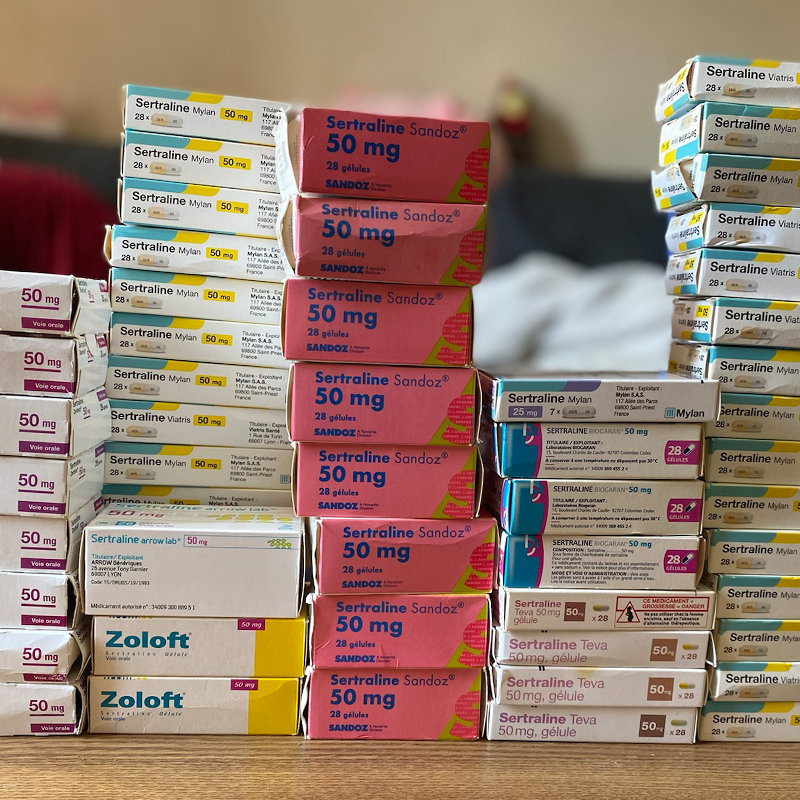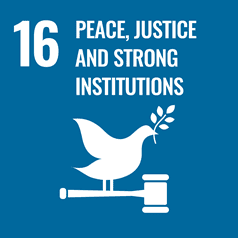Then there’s onshore detention where people without a valid visa are held in centres and transit accommodation on mainland Australia.
Today, we show the human cost of these policies on the mental health of people seeking asylum who were once detained.
Our new study, the largest of its kind, shows high rates of post-traumatic stress disorder (PTSD), depression and suicidal thoughts among people who previously experienced detention – particularly offshore detention.
Our findings come as several other countries are exploring their own versions of offshore detention.
What we did
We surveyed 990 adult refugees and people seeking asylum living in the Australian community between 2011 and 2018. This included 775 people who had never been held in a detention facility and 215 who had been detained then released.
This is the largest known dataset available globally that measures the mental health of previously detained people seeking asylum.
Of those who had been in detention, some had only been detained onshore and some had been detained offshore before being relocated to onshore detention.
Using participants’ responses to questionnaires, we determined the likely presence of psychological disorders, including PTSD, depression or suicidal ideation (intense and frequent thoughts about ending one’s life).
What we found
We found detention greatly increased someone’s risk of serious mental illness. People who had been held in detention were more likely to subsequently report symptoms of PTSD, depression and suicidal ideation compared to those who had not.
But not all detention experiences carried the same degree of mental health risk.
People who had been detained offshore were 16.5-20.2 times more likely to report PTSD, five times more likely to report depression, and 4.6-5.2 times more likely to report suicidal ideation, compared to people who had been detained onshore for less than six months.
A link between offshore detention and mental illness is not surprising. However, we were surprised by the magnitude of this effect.
Prolonged onshore detention also carried serious mental health consequences. People who had been detained onshore for six months or longer were 16.9 times more likely to report PTSD and 5.5 times more likely to report suicidal ideation compared to people who had been detained onshore for less than six months.
Our findings align with a large body of research documenting the detrimental psychological effects of onshore detention (particularly for prolonged periods). However, this is the first time we have had the empirical data to demonstrate the even-greater detrimental effect of offshore detention.
The Australian detention system was established to destroy us, but we refugees are still here | @BehrouzBoochani https://t.co/NCfAp9wGio
— Kon Karapanagiotidis (@Kon__K) December 1, 2023
How did we get here?
Since 2012, 4,296 people have been detained offshore on Nauru or Manus Island under the Australian government’s offshore processing policy.
This has run alongside a policy of mandatory onshore detention in detention centres and transit accommodation on mainland Australia.
Domestic and international courts have ruled Australia’s practice of mandatory detention, particularly indefinite immigration detention and offshore detention, to be illegal in some circumstances. The United Nations High Commissioner for Refugees has repeatedly called for an end to Australia’s offshore detention policy.
Despite this, offshore detention has persisted. Although all people who remained in Nauru in June 2023 were transferred to the Australian mainland, more people have arrived since. In September 2023, the Australian government recommenced transferring people who had arrived by boat to Nauru. Recent estimates suggest about 100 people have been transferred there.
Related articles

Giving men a common antidepressant could help tackle domestic violence: world-first study
In April 2024, Prime Minister Anthony Albanese declared domestic and family violence a “national crisis” calling for proactive responses that “focus on the perpetrators and focus on prevention”.The issue hasn’t really improved since then.
Read more

What is gingivitis? How do I know if I have it?
Do your gums look red and often bleed when you brush them, but they’re not painful? If so, you could have the gum disease gingivitis.
Read more

Not all processed foods are bad for you. Here’s what you can tell from reading the label
If you follow wellness content on social media or in the news, you’ve probably heard that processed food is not just unhealthy, but can cause serious harm.
Read more

Kids need to floss too, even their baby teeth. But how do you actually get them to do it?
A survey from the Australian Dental Association out this week shows about three in four children never floss their teeth, or have adults do it for them.
Read more

‘Perfect bodies and perfect lives’: how selfie-editing tools are distorting how young people see themselves
Like many of her peers, Abigail (21) takes a lot of selfies, tweaks them with purpose-made apps, and posts them on social media. But, she says, the selfie-editing apps do more than they were designed for.
Read more

Pathway to purpose
From limited beginnings to limitless dreams - equity in education is giving Arthur Demetriou the chance to change the face of medicine.
Read more
But research over the past decade has found offshore detention to be both costly and ineffective. Analysis of migration patterns to Australia and elsewhere has revealed such policies have not worked in deterring people from seeking asylum.
Offshore detention is also expensive. It costs almost A$22 million a year for Australia to detain and process a single person offshore; the yearly cost of managing that same person in the community would be $3,962.
Other countries need to take note
Our findings have implications for other nations currently pursuing similar offshore detention models – often called “third country processing”.
In February 2024, an offshore processing deal between Italy and Albania was ratified and in October 2024 these detention centres opened.
In April 2024, the United Kingdom passed legislation to relocate people seeking asylum to Rwanda, a move that has been repeatedly condemned by the United Nations. Despite the newly-elected UK Labour government promising in July to repeal this bill, this has not yet occurred. Instead, the UK looks to be watching the Italy-Albania asylum seeker deal with interest.
"Human rights groups have condemned Italy’s ‘dodgy’ Rwanda-style deal with Albania to offshore asylum seekers but as Starmer travels to Rome to meet Meloni, he admits he is open to copying it" https://t.co/olcGn68R3Y
— Transatlantic Policy Center 🇺🇦 (@AU_EuropeCenter) September 16, 2024
Denmark has also revived talks with Rwanda to outsource the processing of people who come to Denmark to seek asylum. The Danish immigration minister also recently visited Nauru.
The actions of governments seeking to maintain or establish policies of offshore detention and processing are notably at odds with unequivocal evidence on the humanitarian and economic costs, and now clear evidence of the psychological burden of such practices.
There are evidence-based alternatives to offshore detention. These include timely and humane onshore processing and supporting regional neighbours to provide welcoming resettlement environments for people seeking a safe haven from war and persecution.
Our findings strongly caution against the continuation, or establishment, of immigration detention policies that result in people being detained, particularly being detained offshore or for prolonged periods.
This article is republished from The Conversation under a Creative Commons license. Read the original article.


